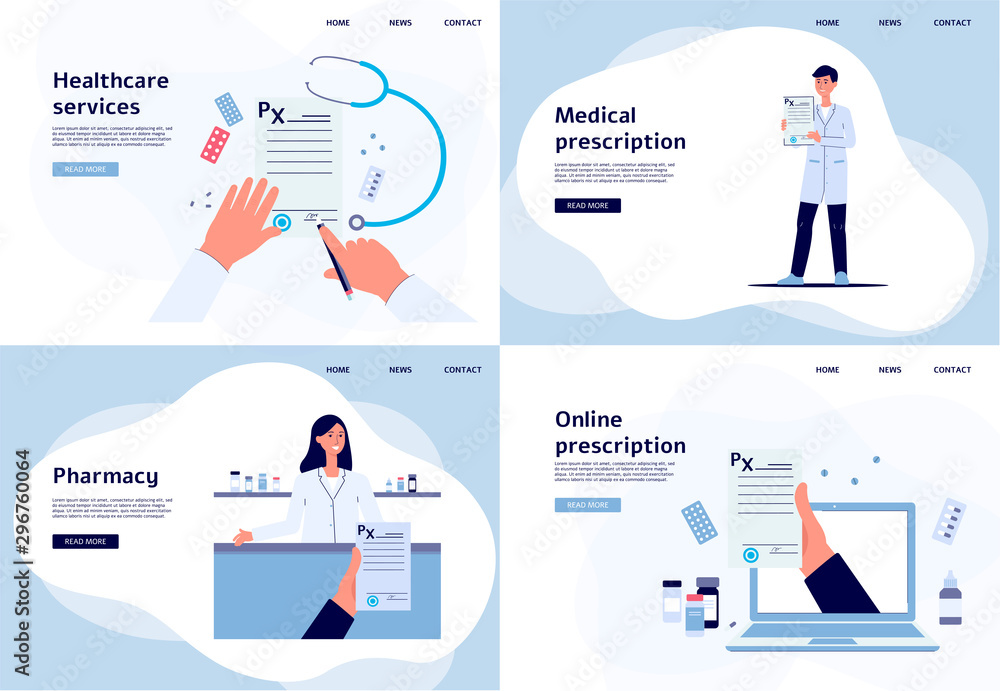How Subscription Based Healthcare is Revolutionizing Patient Accessibility to Services
How Subscription Based Healthcare is Revolutionizing Patient Accessibility to Services
Blog Article
The Increase of Subscription-Based Medical Care and Its Influence on Person Care
As medical care evolves, the subscription-based version is obtaining traction, promising to change individual care by supplying predictability and availability. The potential for these versions to reshape medical care shipment elevates pressing inquiries regarding their lasting sustainability and inclusivity. Are these membership solutions the future of health care, or do they risk leaving at risk populations behind?
Recognizing Membership Medical Care Models
Realizing the concept of registration healthcare versions includes checking out a transformative method to clinical services that highlights price and accessibility. These designs, often referred to as straight medical care (DPC) or attendant medication, have emerged as innovative choices to typical fee-for-service healthcare systems. Subscription healthcare allows individuals to pay a set monthly or annual charge for a specified set of medical services, which may consist of endless office brows through, regular check-ups, and fundamental lab tests, without the requirement for typical insurance invoicing.
The structure of membership medical care versions is designed to streamline client care by eliminating third-party payers and complicated invoicing codes, thus minimizing management problems. Medical care suppliers can focus much more on client care, fostering stronger patient-provider partnerships. This version likewise promotes preventative care by urging routine brows through, as the monetary obstacle of per-visit charges is removed.
The subscription model often empowers doctor to take care of smaller sized individual panels, permitting more personalized treatment. It lines up financial motivations with individual health and wellness outcomes, as providers are encouraged to preserve patient complete satisfaction and well-being. Overall, recognizing registration health care models calls for acknowledging their potential to improve how treatment is provided and accessed.
Advantages for Individuals and Companies

With a constant profits stream, healthcare experts can dedicate more time to each person, leading to a much more extensive and tailored care experience. The focus on preventive treatment within membership strategies can lead to better individual outcomes and minimized lasting healthcare expenses.
Obstacles and Issues
While subscription-based healthcare models present numerous advantages, they additionally feature a set of difficulties and problems that should be attended to. Accessibility remains a considerable concern, as these versions commonly target people who can afford regular monthly charges, potentially omitting low-income populations. This increases honest inquiries concerning fair accessibility to medical care solutions. Furthermore, the different nature of registration plans can result in confusion among people concerning coverage specifics, possibly leading to unmet assumptions or insufficient care.
Financial sustainability of subscription-based models is an additional worry. Carriers have to stabilize the fixed income from registrations with the variable prices of health care services, which might change because of unexpected clinical demands. This can produce pressure to restrict services or rise charges, potentially influencing individual fulfillment and care quality.
Furthermore, governing oversight of subscription-based health care models is still evolving. The absence of standard frameworks can bring about inconsistent solution top quality and responsibility, making complex initiatives to guarantee person security. Lastly, the assimilation of innovation-- often a keystone of these models-- questions regarding information privacy and protection, as sensitive person information might be vulnerable to breaches. Resolving these challenges is vital for the equitable and successful application of subscription-based medical care. advice
Effect On Patient-Doctor Relationships
One significant impact of subscription-based health care models on patient-doctor partnerships is the possibility for enhanced connection and personalized care. By adopting a registration version, doctors can manage a smaller client panel, permitting even more dedicated time with each individual. This raised availability fosters a deeper understanding of a patient's case history, way of life, and choices, making it possible for extra customized therapy plans and treatments.

Nonetheless, it is essential to recognize that while subscription-based versions may benefit those who can afford them, they might unintentionally expand healthcare differences. Clients who are incapable to take part in these models might experience decreased accessibility to individualized treatment, potentially influencing their relationships with doctor. Thus, while the membership model provides appealing benefits for patient-doctor relationships, it also presents obstacles that more helpful hints need to be addressed to make sure equitable healthcare accessibility.
Future of Health Care Accessibility

The duty of innovation can not be overlooked in this improvement. Telemedicine systems and digital health and wellness records help with smooth communication between patients and healthcare providers, damaging down geographical and logistical barriers. Additionally, innovations in artificial knowledge and data analytics can even more customize clinical care by anticipating individual needs and maximizing treatment plans.
However, the future of healthcare access also offers challenges, such as guaranteeing equity across different socio-economic teams. Policymakers and doctor should team up to connect the electronic divide, making sure that subscription-based versions remain budget-friendly and inclusive. As these systems mature, they hold the assurance of making healthcare a lot more obtainable, efficient, and patient-centric.
Conclusion
Subscription-based health care designs are reshaping individual care by providing a secure cost structure and boosting availability. These versions enhance patient-provider relationships with individualized care and routine sees, stressing preventative health. Despite these advantages, challenges such as access concerns for low-income populations and the need for equitable medical care options linger. The rise of subscription-based medical care motivates proactive patient engagement, which has the prospective to improve person end results and contentment, signaling a transformative change in health care delivery.
As health care develops, the subscription-based version is gaining grip, guaranteeing to reinvent patient treatment by using predictability and accessibility.Subscription-based medical care designs supply distinctive benefits for both companies and people, boosting the total medical care experience.As medical care systems evolve, the future of medical care gain access to frequently hinges on the assimilation of cutting-edge versions and technologies.Subscription-based health care models are reshaping individual treatment by offering a secure cost framework and enhancing ease of access. The surge of subscription-based medical care motivates positive person interaction, which has the potential to improve person outcomes and fulfillment, signifying a transformative useful reference shift in medical care delivery.
Report this page